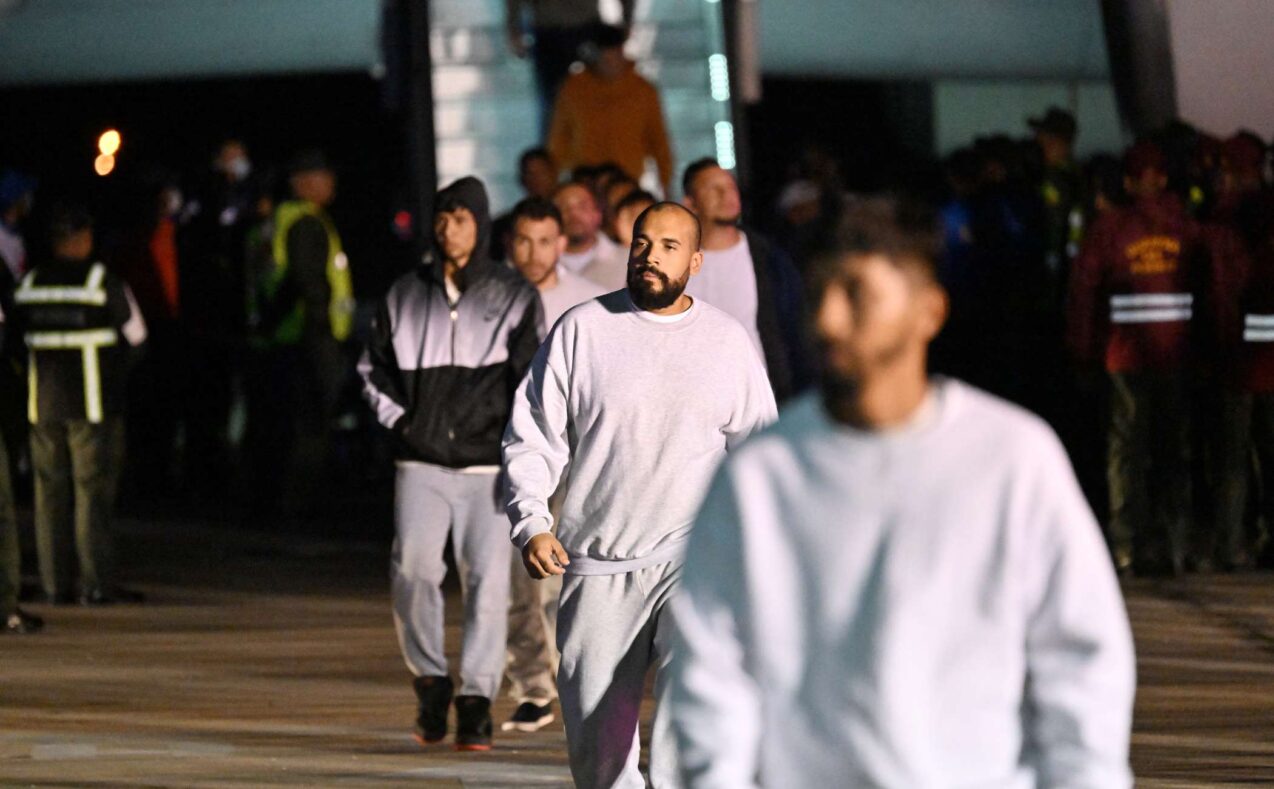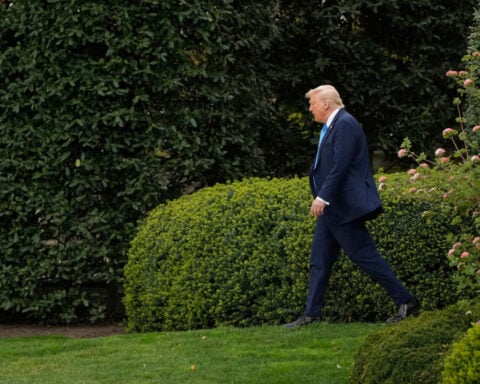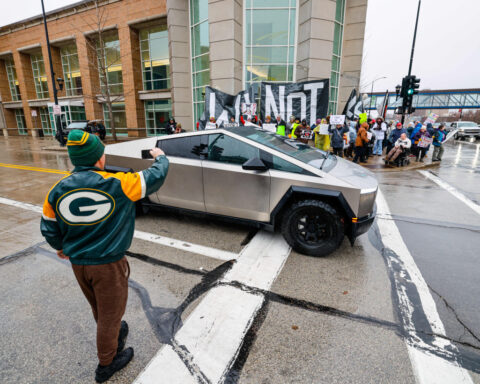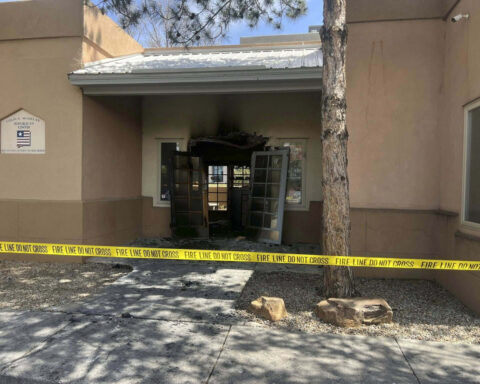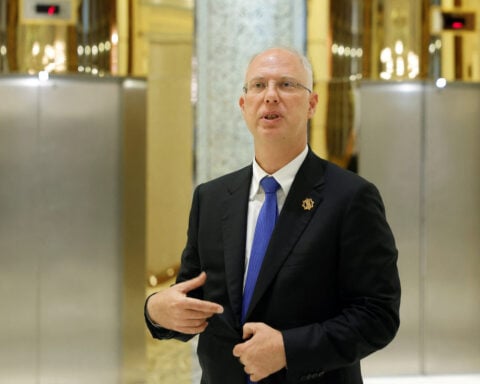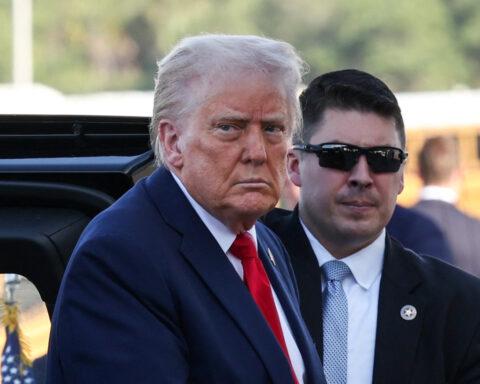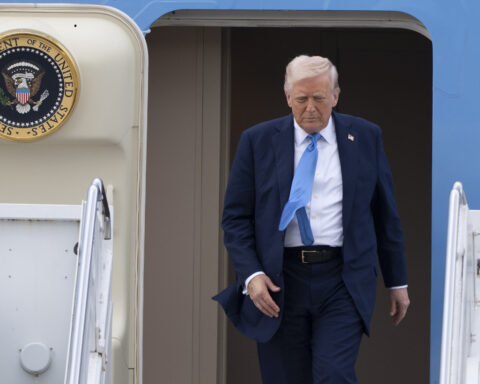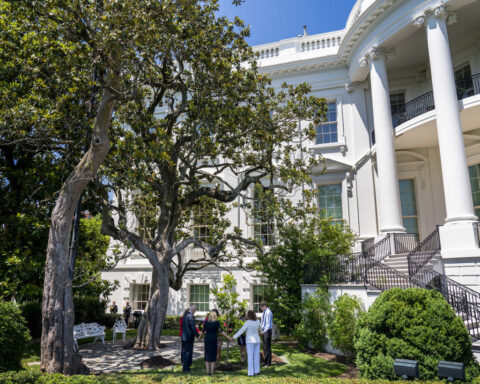President Donald Trump has invoked the Alien Enemies Act of 1798 to deport hundreds of Venezuelan migrants, a move that has intensified political divisions and sparked protests from immigrant rights advocates.
The administration deported 238 Venezuelan migrants, alleging ties to the Tren de Aragua gang. This action proceeded despite a federal judge's order to halt the deportations and return any planes already in transit.
The Alien Enemies Act grants the president authority to deport citizens of foreign nations deemed hostile during times of war or invasion. Historically, it was used during World War II to intern individuals of Japanese, German, and Italian descent.
On March 15, Judge James Boasberg issued a temporary restraining order blocking the deportation of the Venezuelan migrants – many of whom were accused of being members of the Tren de Aragua gang – in response to the deportations.
Despite this order, the administration proceeded with deportations, prompting the judge to demand an explanation. Boasberg described the government's response as "woefully insufficient," highlighting concerns over the administration's compliance with judicial directives. Trump defended his actions, accusing Boasberg of attempting to "usurp" presidential powers. He labeled Boasberg a "radical left" judge and called for his impeachment, asserting such judicial actions undermine presidential authority.
Critics argue the administration's actions bypass due process. Skye Perryman of Democracy Forward expressed concern over the lack of legal proceedings, stating, "The administration is seeking to circumvent the process that we have in our country in order to just expand power and do something with no process at all."
The American Civil Liberties Union (ACLU) has filed a lawsuit challenging the deportations, arguing only Congress can declare war, thereby enabling the detention of alien enemies. Critics fear invoking the act in peacetime for immigration enforcement sets a dangerous precedent.
"The Alien Enemies Act cannot be used during peacetime for regular immigration enforcement," said Lee Gelernt, the ACLU's lead counsel on the case, per NPR. "Congress was very clear in the statute that it can only be used against a foreign government or foreign nation. It has never in our country's history been used during peacetime, much less against a gang."
Lawmakers have also voiced opposition. Senators Dick Durbin, Alex Padilla, Cory Booker, and Peter Welch issued a joint statement condemning the use of the Alien Enemies Act, stating, "This attempt to use an archaic wartime law—not used since World War II—for immigration enforcement is yet another unlawful and brazen power grab."
Concerns have arisen regarding the criteria used to identify alleged gang members. In one case, Anyelo Jose Sarabia, a 19-year-old Venezuelan asylum seeker, was deported due to a rose tattoo on his hand, which officials alleged indicated gang affiliation. His sister contested this, stating, "He got that tattoo because he thought it looked cool. He is not a criminal."
The deported migrants have been sent to a mega-prison in El Salvador, where they are expected to spend at least a year. El Salvador's President Nayib Bukele has no plans to reverse the transfers, as of March.
The administration's actions have ignited protests from immigrant rights advocates across the country, who argue the use of the Alien Enemies Act undermines fundamental principles of due process and sets a concerning precedent for the treatment of noncitizens.
Lindsay Toczylowski, an attorney with the Immigrant Defenders Law Center, told The Guardian, "In my 15 years of representing people in removal proceedings, this is the most shocking thing I've ever seen happen to one of our clients."
As legal challenges continue, the balance between national security and individual rights remains contentious, reflecting deepening political divisions in the U.S.
The Department of Homeland Security (DHS) has defended the deportations, asserting that individuals like Jerce Reyes Barrios, a Venezuelan soccer player, have affiliations with the Tren de Aragua gang.
DHS spokesperson Tricia McLauglin said the federal government's determination that Barrios' was a gang member goes "beyond a single tattoo" and they "are confident" in their findings.
However, attorneys representing deported individuals argue such evidence is superficial. Linette Tobin, representing Barrios, stated, "The accusation is based on two things. First, he has a tattoo on his arm of a crown sitting atop a soccer ball with a rosary and the word ‘Dios.’ DHS alleges that this tattoo is proof of gang membership. In reality, he chose this tattoo, because it is similar to the logo for his favorite soccer team Real Madrid."
The expedited nature of these deportations has raised additional concerns. "This sure looks like contempt of court to me," said David Super, a law professor at Georgetown University. "You can turn around a plane if you want to."
The situation continues to evolve as courts, lawmakers, and advocacy groups grapple with the implications of using the Alien Enemies Act in this context.

 Trump has begun another trade war. Here's a timeline of how we got here
Trump has begun another trade war. Here's a timeline of how we got here
 Canada's leader laments lost friendship with US in town that sheltered stranded Americans after 9/11
Canada's leader laments lost friendship with US in town that sheltered stranded Americans after 9/11
 Chinese EV giant BYD's fourth-quarter profit leaps 73%
Chinese EV giant BYD's fourth-quarter profit leaps 73%
 You're an American in another land? Prepare to talk about the why and how of Trump 2.0
You're an American in another land? Prepare to talk about the why and how of Trump 2.0
 Chalk talk: Star power, top teams and No. 5 seeds headline the women's March Madness Sweet 16
Chalk talk: Star power, top teams and No. 5 seeds headline the women's March Madness Sweet 16
 Purdue returns to Sweet 16 with 76-62 win over McNeese in March Madness
Purdue returns to Sweet 16 with 76-62 win over McNeese in March Madness
